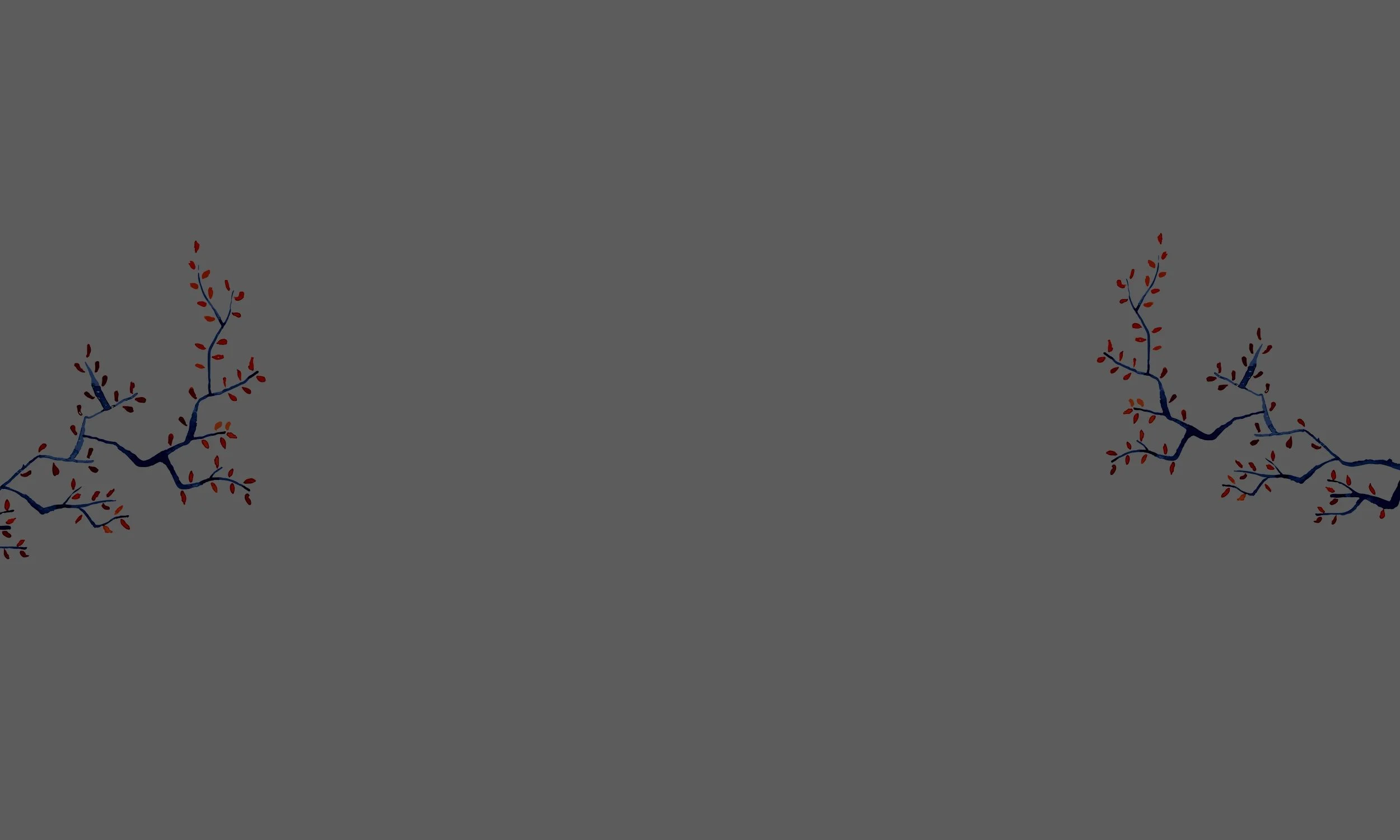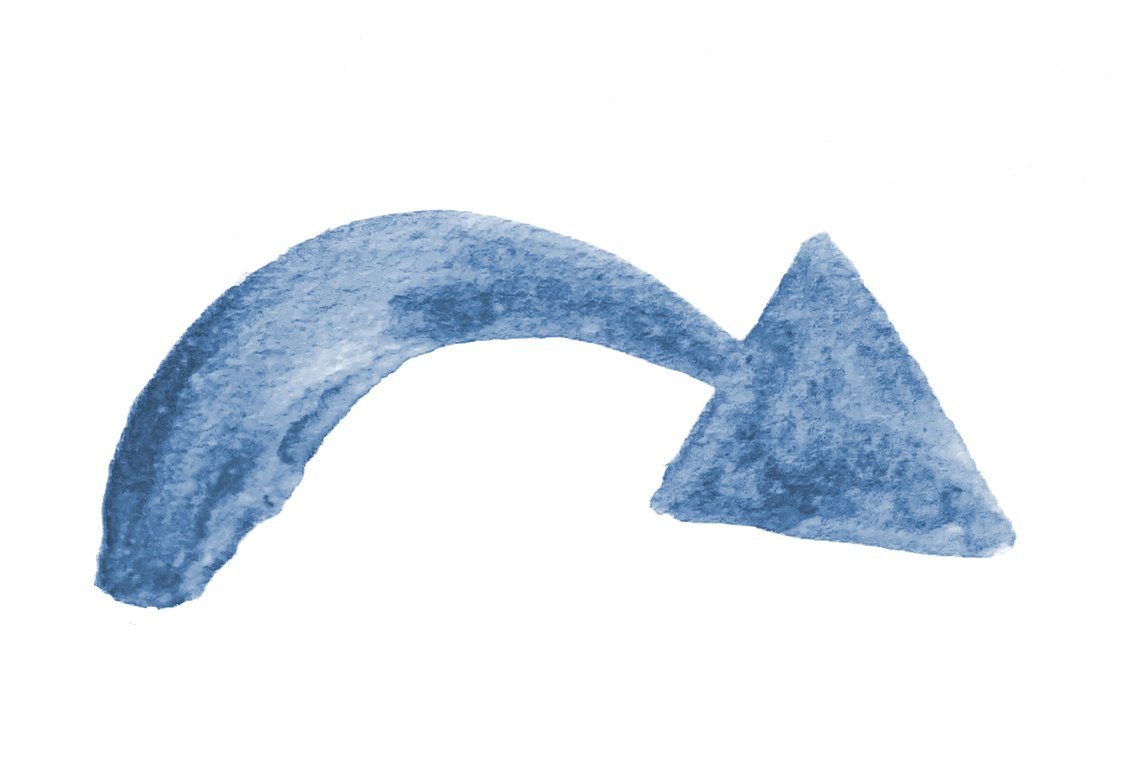Methodology
The research for the country reports began in 2020 with the support of lawyers, partners from around the world and other experts. Here's how we did it:
Identifying 45 countries
The country reports look at 45 countries which we chose in consultation with our partners. We aimed to achieve a broadly representative sample that reflected a regional balance as well as the different types of legal systems and legal traditions. We included countries that are established regional or global leaders on children’s rights and environmental law. We also chose some countries that are often excluded from comparative studies in this area.
Developing the questions
The first draft of the research questionnaire was developed based on gaps in our knowledge that we had identified during our previous work on this issue. We then consulted a number of individual experts and organisations working in the field of children’s rights and the environment. Based on their feedback, we amended the questions.
The questions were then passed on to a team of pro-bono lawyers who used these to guide their research and write the reports.
The review process
The country reports were then reviewed and edited by CRIN. We also made sure to collect and make changes according to comments and feedback from at least one national expert per country. The experts included relevant government ministries, State permanent missions to the United Nations, non-governmental organisations, children’s rights lawyers and advocates, environmental rights lawyers and advocates and individual lawyers specialising in the issues covered by the reports. The contributors to the country reports have been credited in the individual country reports, except where the reviewer asked to remain anonymous.
The future/next stages of the project
While we are working on releasing the next batches of reports, we will also start having conversations about next steps. We will be talking with the individuals and groups who are at the forefront of fighting for children’s environmental justice from around the world, to figure out how the research can be used to develop tools to support their work. Find out more under resources for campaigners, learn how you can get involved or sign up to our monthly newsletter to receive updates about this project and other CRIN work.






